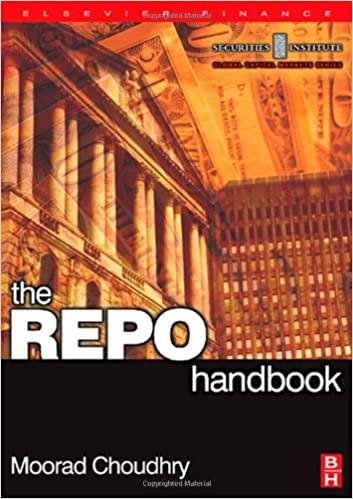Question
In practice, a common way to value a share of stock when a company pays dividends is to value the dividends over the next five
| In practice, a common way to value a share of stock when a company pays dividends is to value the dividends over the next five years or so, then find the terminal stock price using a benchmark PE ratio. Suppose a company just paid a dividend of $1.22. The dividends are expected to grow at 17 percent over the next five years. In five years, the estimated payout ratio is 45 percent and the benchmark PE ratio is 24. After five years, the earnings are expected to grow at 7 percent per year. The required return is 13 percent. |
| Required: |
| What are the projected dividends for each of the next five years? (Do not round intermediate calculations. Round your answer to 2 decimal places (e.g.,32.16).) |
| Dividend | |
| Year 1 | $ |
| Year 2 | $ |
| Year 3 | $ |
| Year 4 | $ |
| Year 5 | $ |
| What is the EPS in five years? (Do not round intermediate calculations. Round your answer to 2 decimal places (e.g., 32.16).) |
| EPS in 5 years | $ |
| What is the target stock price in five years? (Do not round intermediate calculations. Round your answer to 2 decimal places (e.g., 32.16).) |
| Stock price in 5 years | $ |
| What is the stock price today? (Do not round intermediate calculations. Round your answer to 2 decimal places (e.g., 32.16).) |
| Stock price today | $ |
Step by Step Solution
There are 3 Steps involved in it
Step: 1

Get Instant Access to Expert-Tailored Solutions
See step-by-step solutions with expert insights and AI powered tools for academic success
Step: 2

Step: 3

Ace Your Homework with AI
Get the answers you need in no time with our AI-driven, step-by-step assistance
Get Started


